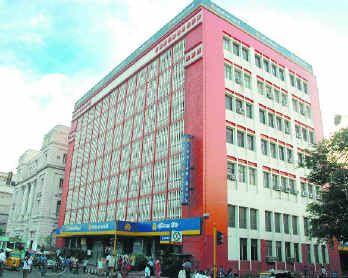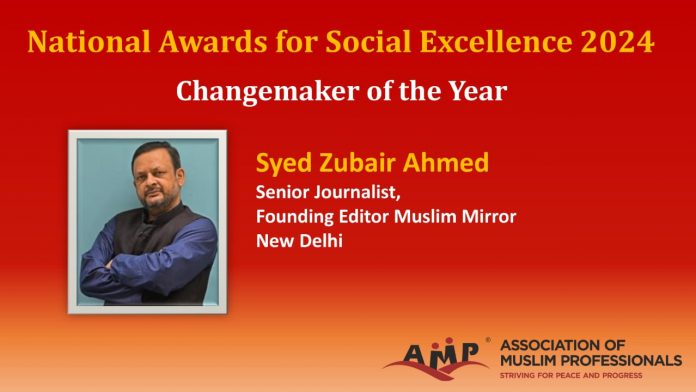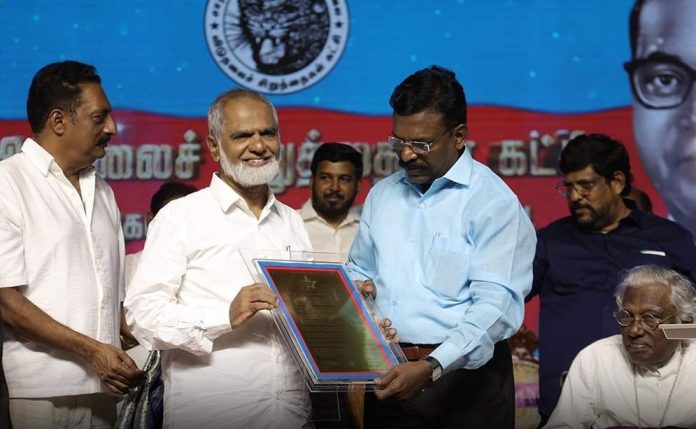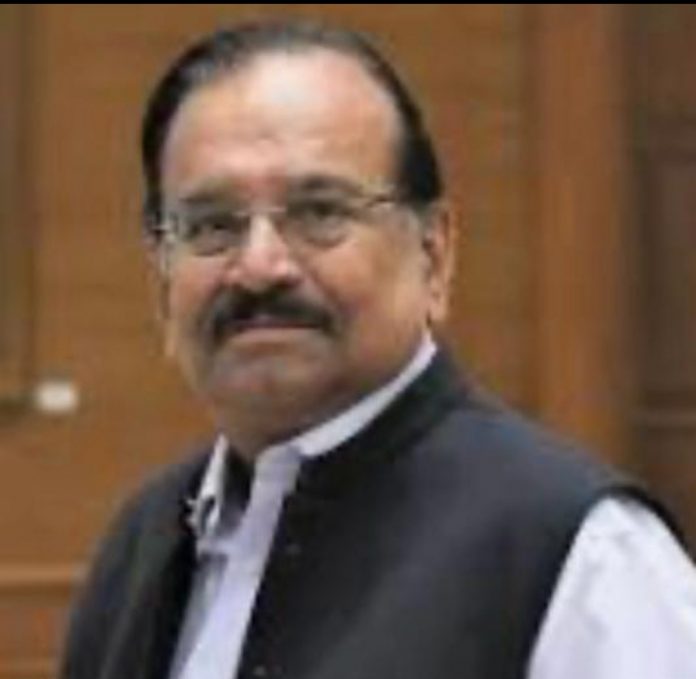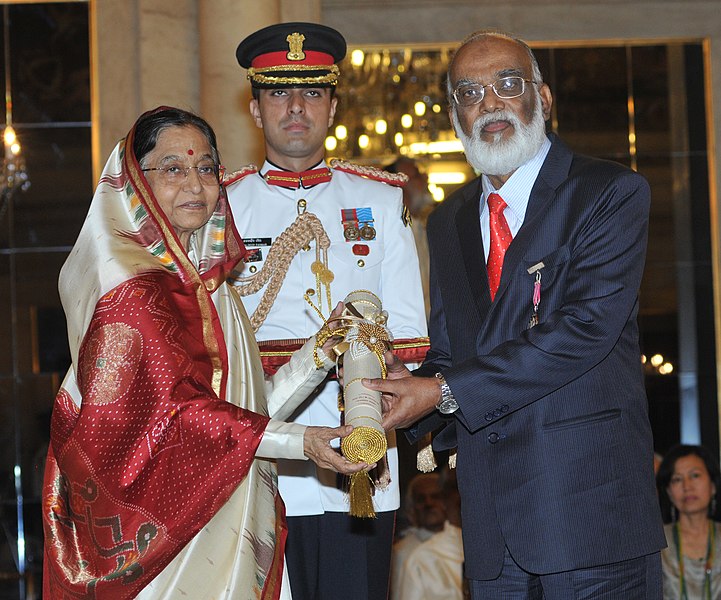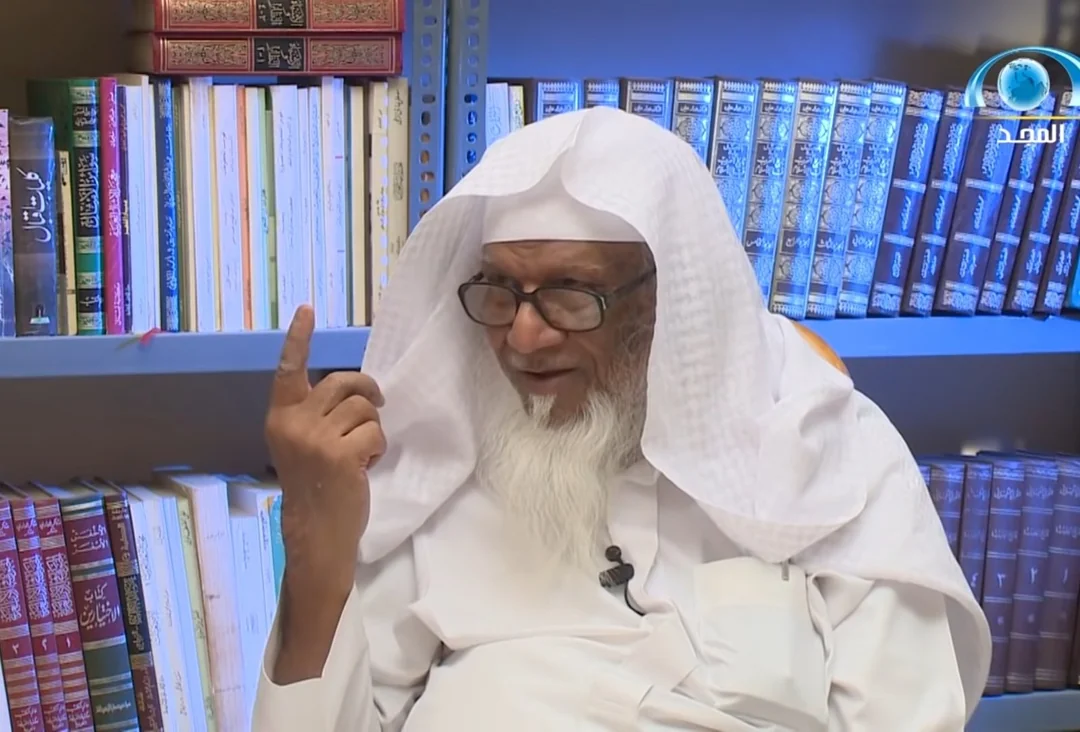Chennai, TAMIL NADU :
In addition to food donations, the initiative also features a charity counter right next to the fridge.

A sign reads ‘Ayyamittu Unn’, a call to “share the food with the needy before you eat”.(Photo | P Ravikumar, EPS)
Chennai :
The lights flicker on as the fridge door opens. A cool burst of air escapes, revealing neatly arranged packets of home-cooked meals, biscuits, and bottled water—the humble bounty waiting for the city’s hungry. There’s no cashier. No question asked. Only a sign reading ‘Ayyamittu Unn’, a call to “share the food with the needy before you eat”.
Launched in 2017 by Dr M Issa Fathima Jasmine, a Chennai-based dentist, ‘Ayyamittu Unn’ has evolved into the city’s very own food-sharing revolution in the last eight years. What started as a single community fridge in Besant Nagar has now spread to 11 locations across Chennai, from Broadway and Mylapore to Kodambakkam, and the most recent addition in Saligramam’s Kaveri Rangan Nagar.
The concept is brilliantly simple: Place a refrigerator in a public, accessible location, allow anyone to donate surplus food and let those in need take what they require. Open daily from 7 am to 8 pm, these fridges accept sealed, fresh, and wholesome items. To ensure safety, strict guidelines are in place: Only packaged or freshly cooked food is allowed, while raw meat, seafood, eggs, alcohol, and half-eaten meals are strictly prohibited. The focus is on ensuring that generosity meets safety without compromise.
In addition to food donations, the initiative also features a charity counter right next to the fridge. Here, residents can donate books, toys, clothes and other essential items for those in need. A register is meticulously maintained for transparency, while a security guard oversees the process to ensure that both food and other donated goods remain in proper condition and are not misused.
In Kaveri Rangan Nagar, it’s a full-blown community affair. The fridge was set up with the active involvement of Dr Sulaikha, a gynaecologist and daughter of social activist MD Ghani. Ghani, who dedicated his life to improving local infrastructure, left behind a legacy of community service that Dr Sulaikha now honours.
In one modest home on KK Salai, a family has generously provided a portion of their premises to house the refrigerator and manage its daily upkeep. Local businesses, too, have thrown in their support; a nearby hotel contributes six breakfast packets every morning, while residents routinely drop off lunch boxes, biscuits, and even occasional sweet treats.

Community effort ensures that the fridge which is affectionately dubbed ‘Akshaya Patra’ never runs empty (Photo | P Ravikumar, EPS)
For many, the fridge is nothing short of a lifeline. “I get food here at least three days a week. My work hours are unpredictable, so I can’t always be here, but when I do manage to come, it saves me from having to buy meals. Earlier, I mostly relied on roadside vendors—this is safer and more reliable,” says R Rengaraj, a loadman working at the Saligramam market. For Rengaraj, and countless others like him, the fridge not only reduces daily food expenses but also provides the reassurance of a proper meal in a city where hunger often goes unnoticed.
Beyond its practical benefits, ‘Ayyamittu Unn‘ taps into something deeper – a sense of community. The initiative is backed by the Public Foundation (an NGO founded by Dr Jasmine), which handles the logistics and coordination. Dr Issa Fathima and Dr Sulaikha sum it up succinctly.

(Photo | P Ravikumar, EPS)
“‘Ayyamittu Unn’ is not just about food – it’s about trust and a collective commitment to social responsibility. Small acts of kindness can create a huge difference.” Community effort ensures that the fridge — affectionately dubbed Akshaya Patra after the legendary vessel that never runs empty — continues to serve as a reliable source of nourishment.
This is a vibrant example of how local solutions can effectively tackle issues like food waste and hunger simultaneously. In a country where a significant amount of edible food is discarded daily, redirecting surplus to those in need is also a step towards environmental sustainability.
As the initiative continues to gain momentum, there are plans to replicate the model in other parts of the city and even in neighbouring districts. This is not charity with strings. It is not aid from a distance; it is how one neighbour looks out for another.
(Edited by Adarsh TR)
source: http://www.newindianexpress.com / The New Indian Express / Home> Good News / by S Kumaresan / edited by Adarsh TR / April 06th, 2025

